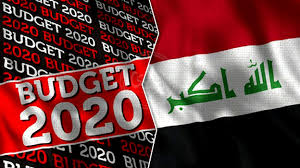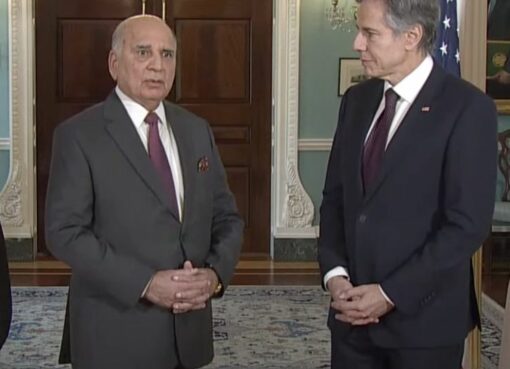BAGHDAD — Iraq’s revenues plummeted in April amid a historic oil price crash, the Oil Ministry said Friday, raising concerns over how the country will cope severe financial shortfalls while struggling to contain the coronavirus pandemic.
The crude-dependent economy earned just $1.4 billion in oil revenues last month, at an average price of $13.8 per barrel, according to data released by the ministry, a sixth of average figures from before the oil price crash. Oil traded between $20 and $30 in April, but Iraq sells its crude at a discounted rate.
The figures provide the first tangible indication of the desperate circumstances facing Iraq as officials struggle to determine how to implement austerity measures — expected to be widely unpopular — while operating on dwindling revenues.
Meanwhile, a political leadership vacuum also looms as Iraq’s prime minister-designate faces opposition to forming a government and the current leadership is hobbled by the limits of its caretaker status.
Iraq officials are deliberating cuts to social benefits payments to public sector employees as a means to cut spending, but a decision has not been made over how much to cut and from whom. Compensation to the country’s bloated public sector and pensions have historically been a drain on the state budget, amounting to nearly $45 billion in annual expenditure.
Officials said payment spending could be cut by 30% to 50%.
In another cost-saving measure, the federal government recently decided to cut $383 million in budget allocations to the semi-autonomous northern Kurdish region, which has an independent oil policy, citing a breach of the 2019 budget law under which the region is obligated to provide a share of its oil to the federal government in exchange for state funding to pay salaries.
A delegation from the Kurdish region recently arrived to Baghdad to negotiate the move.
Neither measure is expected to be enough to plug the deficit.
Iraq has also agreed to comply with OPEC measures to cut production by 23% in May and June, just over 1 million barrels per day for Iraq, which will additionally strain state spending.
While Iraqi state-run oil fields have typically shouldered cuts in the past, this time fields operated by international oil companies must participate, the ministry said, something that will require difficult negotiations over new contract terms.
Source: The New York Times , May 1, 2020
https://www.nytimes.com/aponline/2020/05/01/business/ap-ml-iraq-economy.html








Comment here